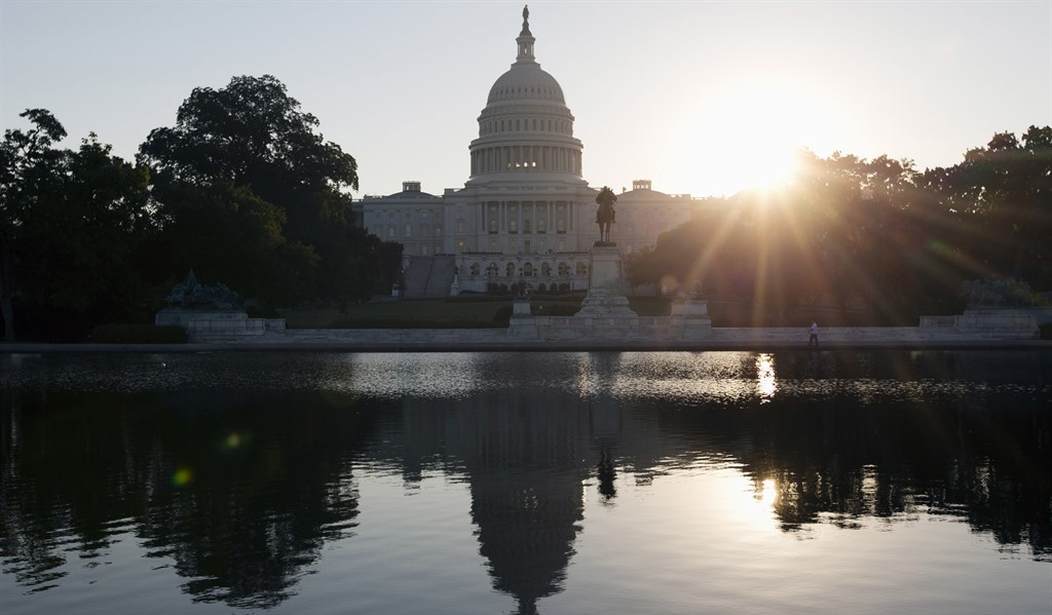What is a faulty product? It usually refers to a product which does not work as it is supposed to or promised to. For example, if your brand new toaster doesn't make a toast, it's a faulty product; or in the case of Ford Pinto, the brand has become almost synonymous with "faulty product" because its cars tended to erupt in flame in rear-end collisions due to its original design flaws. By such a definition, Obamacare is also a faulty product since it made a number of promises that it can't keep or were known to be false, and now the American people are in a worse situation than before.
Let's first examine how some of the main Obamacare promises turned out:
Promise number one- President Obama and his supporters promised that if we liked our existing health plans or if we liked our doctors, we could keep them. This turned out not to be true. Many Americans started to receive their policy cancellation letters from their insurance companies as soon as the implementation of Obamacare began. Back in 2013, NBC News reported that "50 to 75 percent of the 14 million consumers who buy their insurance individually can expect to receive a “cancellation” letter or the equivalent over the next year because their existing policies don’t meet the standards mandated by the new health care law." What made this even worse is that the Obama administration knew in July 2010 that this would happen but they kept on making these false promises to American people.
Promise number two- President Obama and his supporters promised that health care exchanges would offer those newly insured Americans more quality “choices.” However, in 2016, several insurance companies, including UnitedHealth, Humana and Aetna, have announced that they are pulling out of health exchanges in a number of states after losing millions of dollars, which left many Americans down to one or two health insurance providers.
A recent Kaiser Family Foundation report estimates that "residents of 62 percent of the nation’s counties will have a choice of only one or two insurance carriers. Last year, only 32 percent of counties had so few choices." If you are a resident of Pinal County in Arizona, you're at risk of having no insurer options on the government-run health insurance exchange. A choice of one or nothing is not a choice at all.
Recommended
Promise number three- President Obama and his supporters promised that Obamacare would increase health care “affordability” and push down health insurance premiums overall. As a matter of fact, President Obama was on record assuring Americans that Obamacare would lower health insurance premiums by $2,500 per American family. In fact, health insurance premiums have been going up for many Americans since the Obamacare's implementation. But the worst is yet to come.
The administration's own agency, the U.S. Department of Health and Human Services reported recently that "premiums for health insurance plans sold on Obamacare exchanges are going up in 2017 more than they have in previous years—an average of 25 percent—that’s more than last year when premiums went up an average of 7.5 percent." In Arizona, premiums will rise an astonishing 116%.
The defenders of Obamacare still claim that Obamacare did what it was supposed to by helping millions of previously uninsured Americans obtain health insurance. Here, the administration and its supporters are intentionally confusing two different concepts-"health care" vs. "health insurance." Yes, more people have health insurance coverage now under Obamacare, but that's doesn't mean they have access to good and affordable health care. For example, one way for Obamacare to expand health insurance enrollment is by loading people into Medicaid.
The Affordable Care Act (Obamacare) has given American neither affordability, nor quality health care. Like the Ford Pinto, Obamacare had design flaws since its debut and has already set itself on fire. Had Obamacare been a private business venture, we as consumers would have already received product recall notice.
Private businesses have been very good at recalling any faulty products that have caused problems even on a very small sample. For example, in 2009, Toyota recalled more than eight million cars world-wide after a few accidents related to faulty accelerator pedal. The effort cost Toyota an estimated $3 billion. More recently, with the Samsung Galaxy Note 7, the company recalled all of more than 3 million devices it had sold, after some consumers reported incidents of their phone overheating and/or having exploding batteries. It's estimated that the recall cost will exceed $6 billion. In addition to the recall, Samsung has taken the unprecedented step of scrapping Galaxy Note 7 from production.
It's evident that private businesses have gone to extraordinary lengths to protect consumers from faulty products. It's time for the federal government to follow the example set by private businesses and start the Obamacare "recall" (or in legal terms, repeal). If we all believe that the federal government has no business to force us to buy Pintos, why should we allow the federal government continues to force us to purchase a faulty product they created -- Obamacare?
Yes, it will take time to repeal Obamacare. But the U.S. Congress should at least offer the American people an immediate relief by eliminating the individual mandate penalty. Americans shouldn't be penalized for not wanting to purchase a Pinto like product.

























Join the conversation as a VIP Member